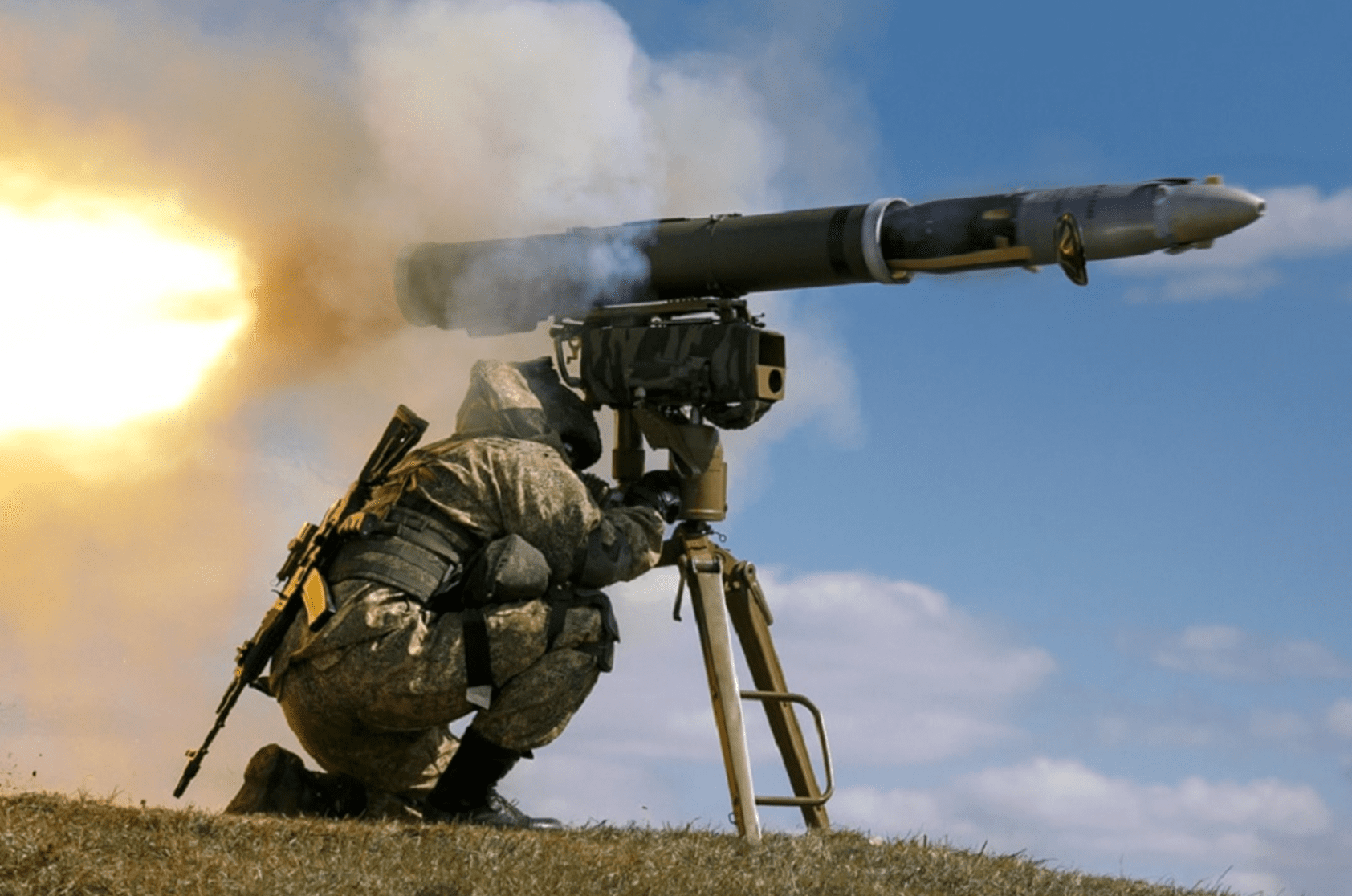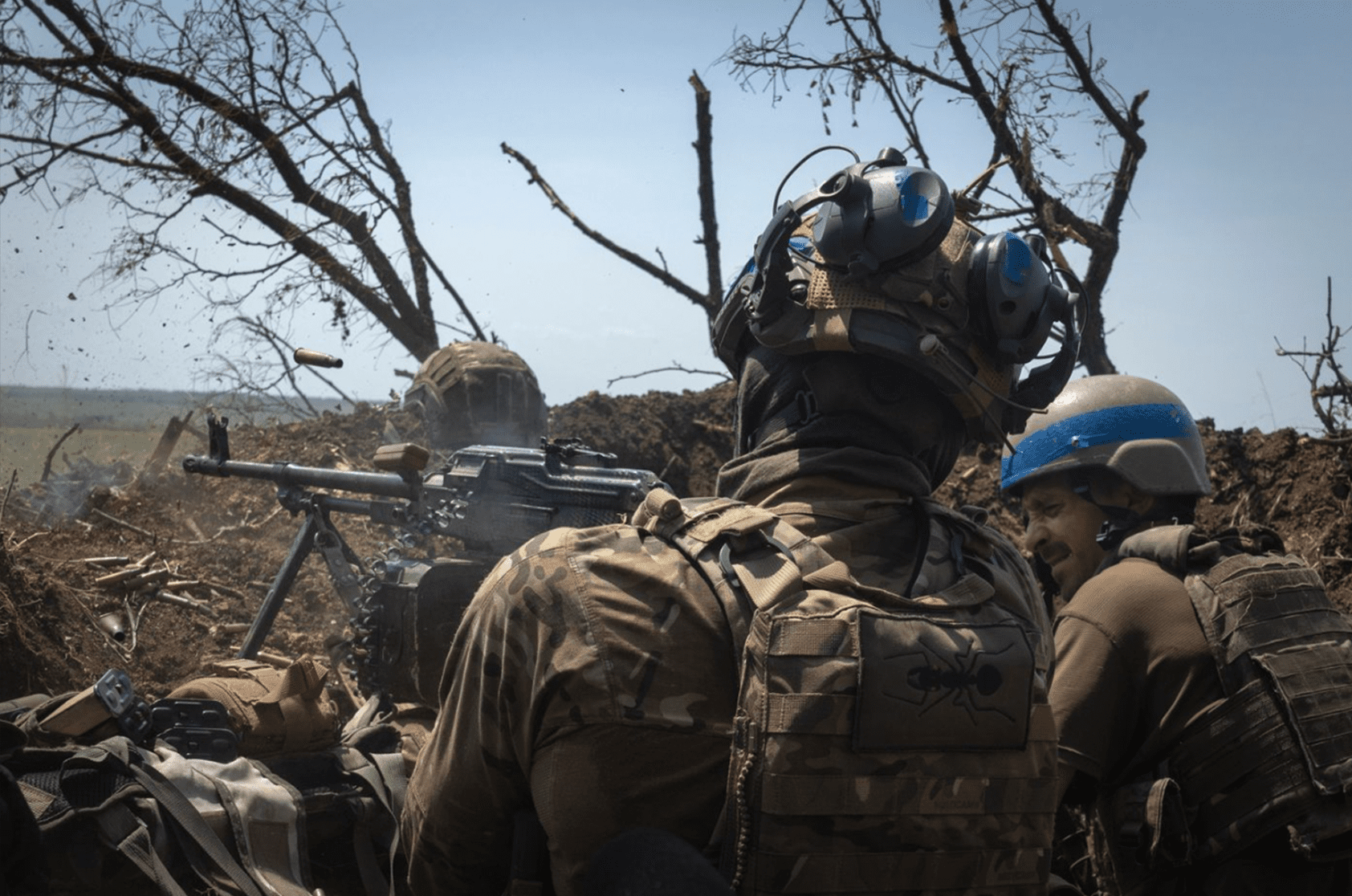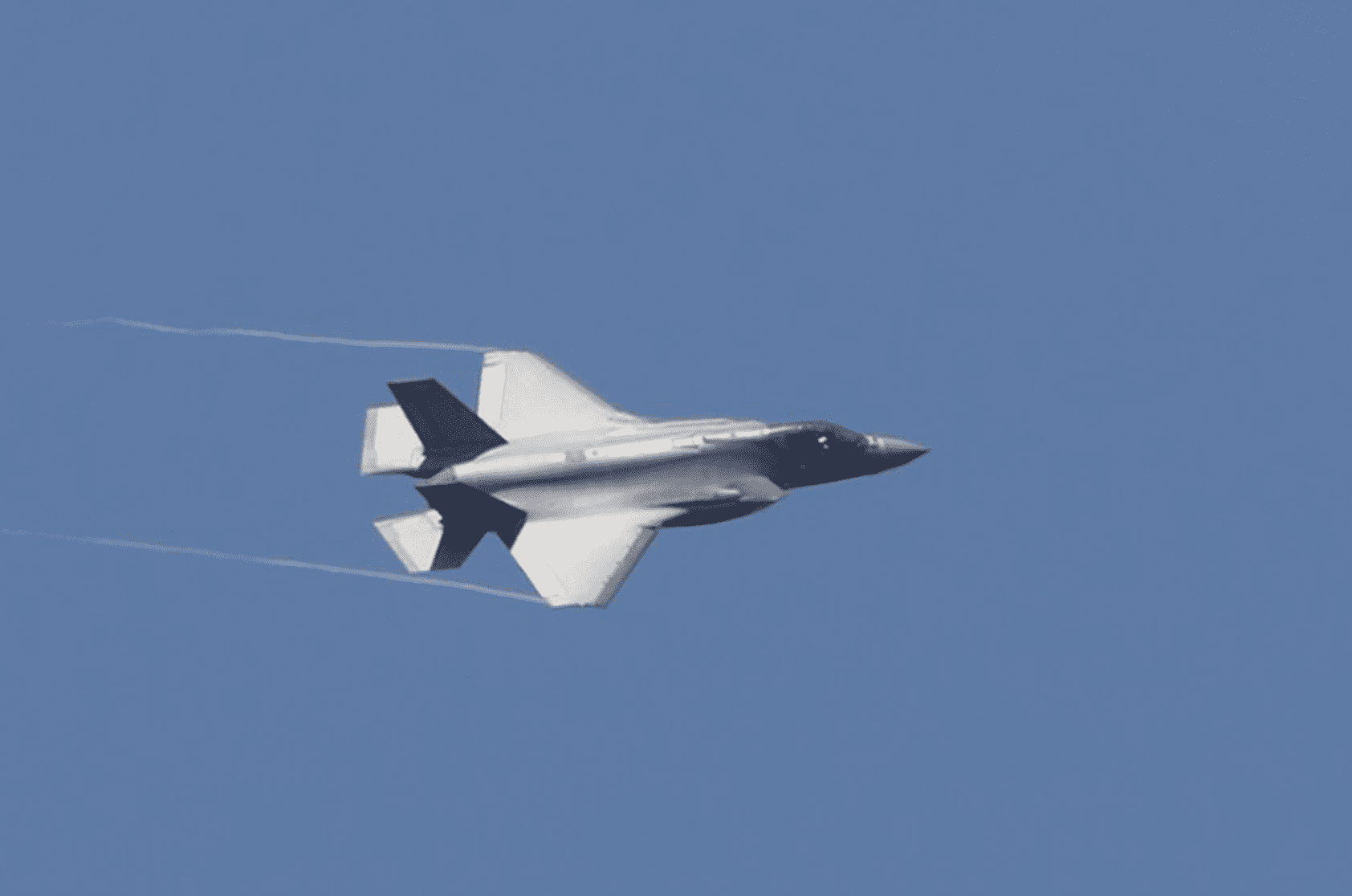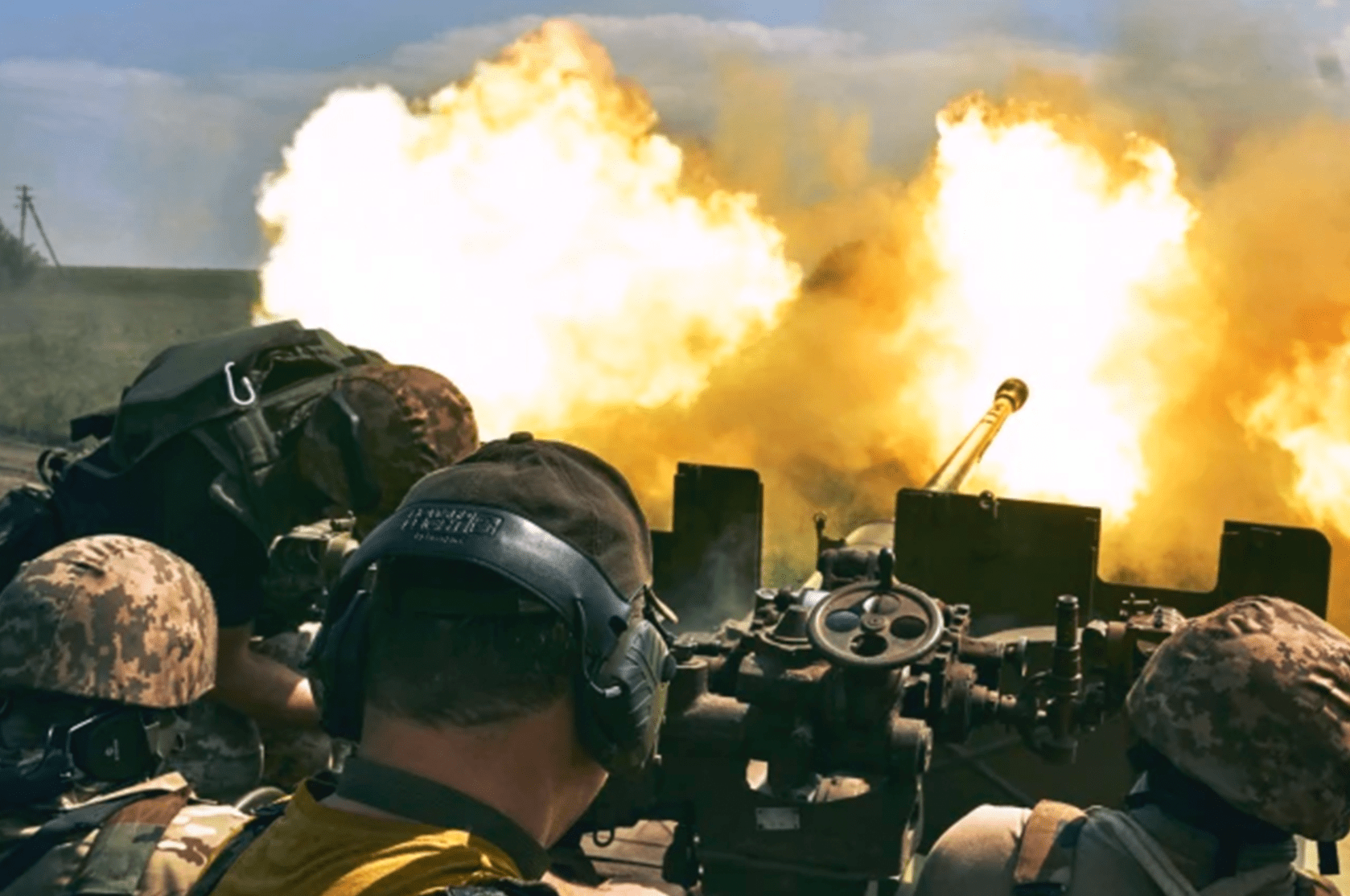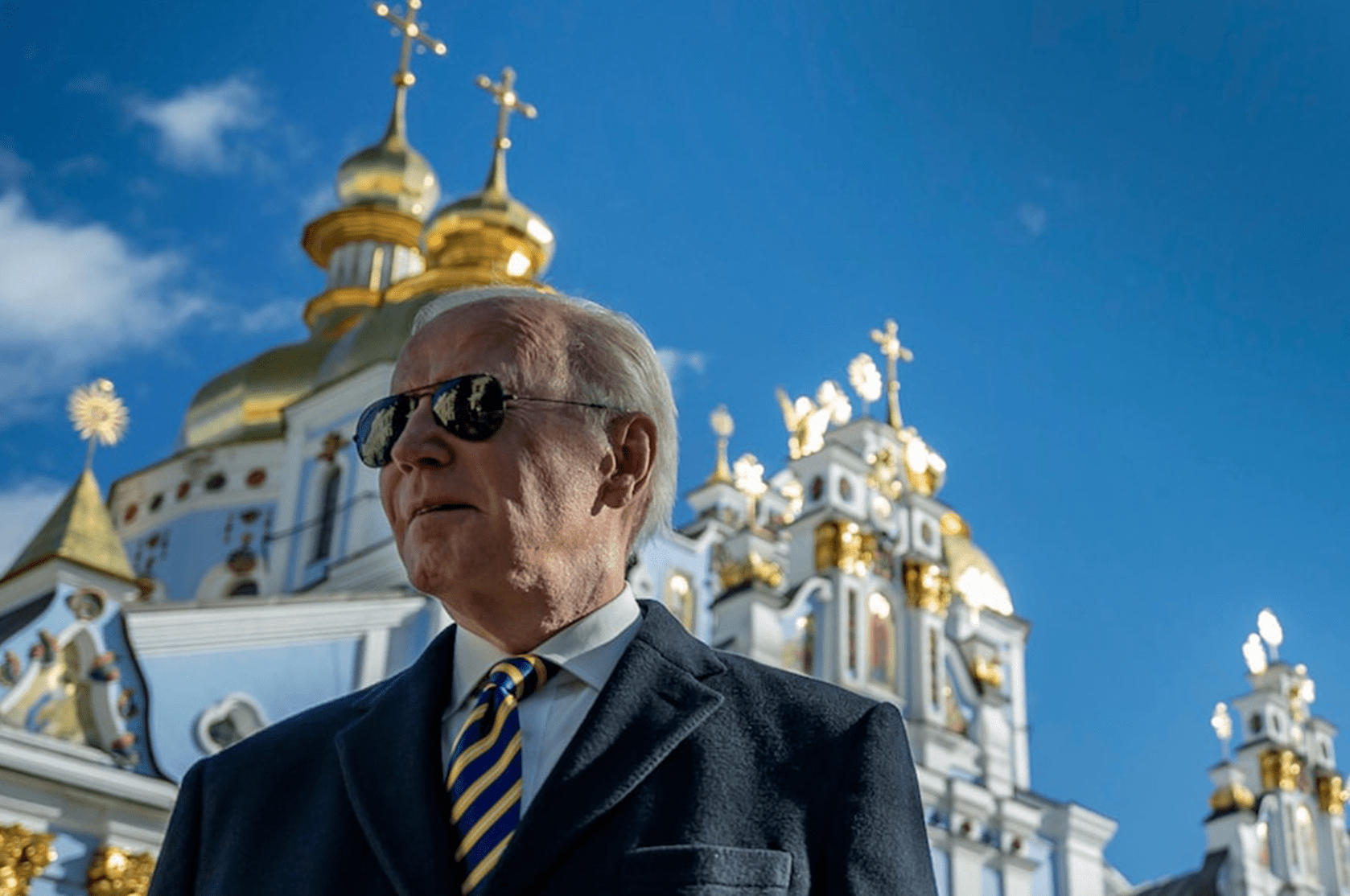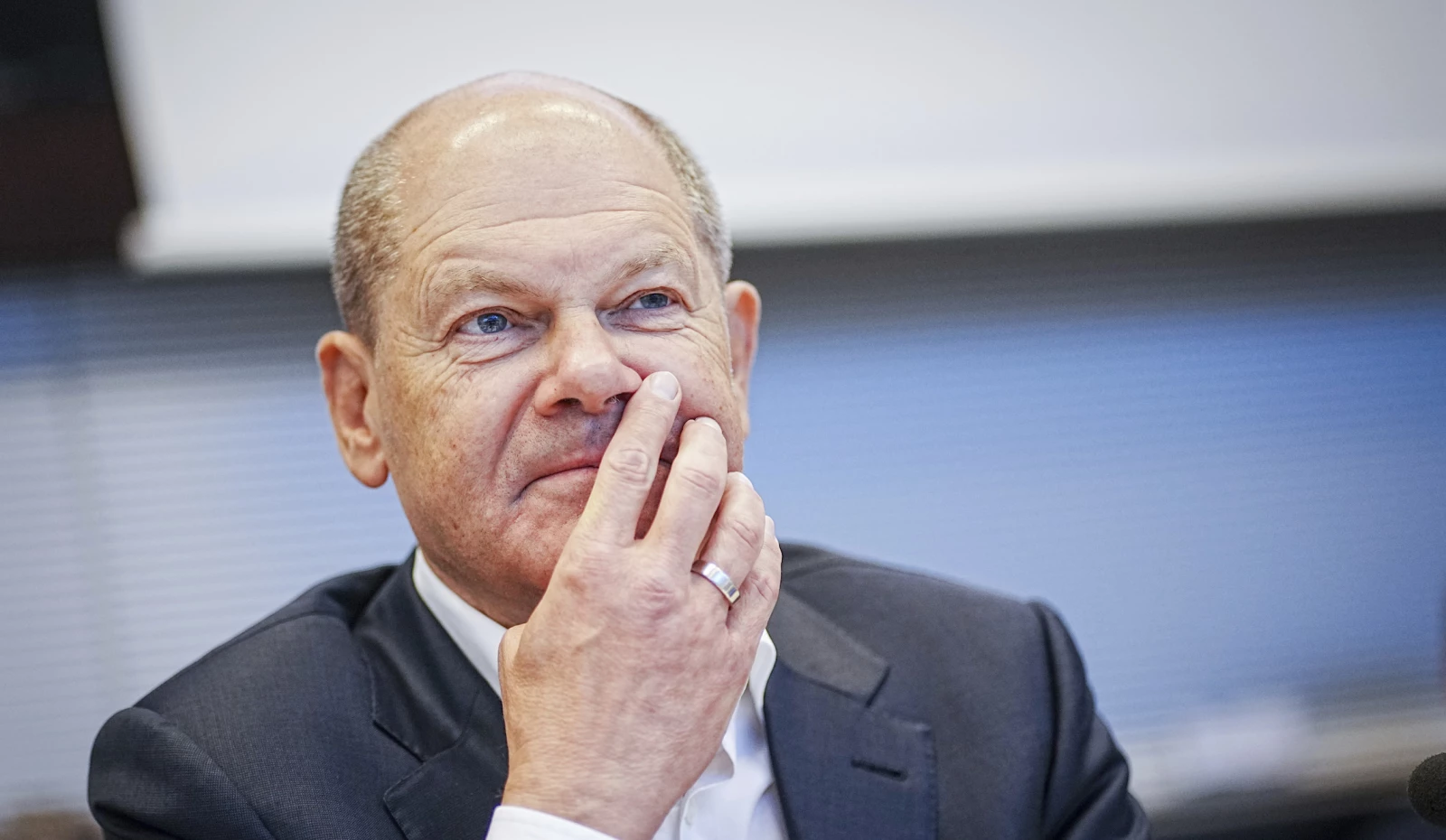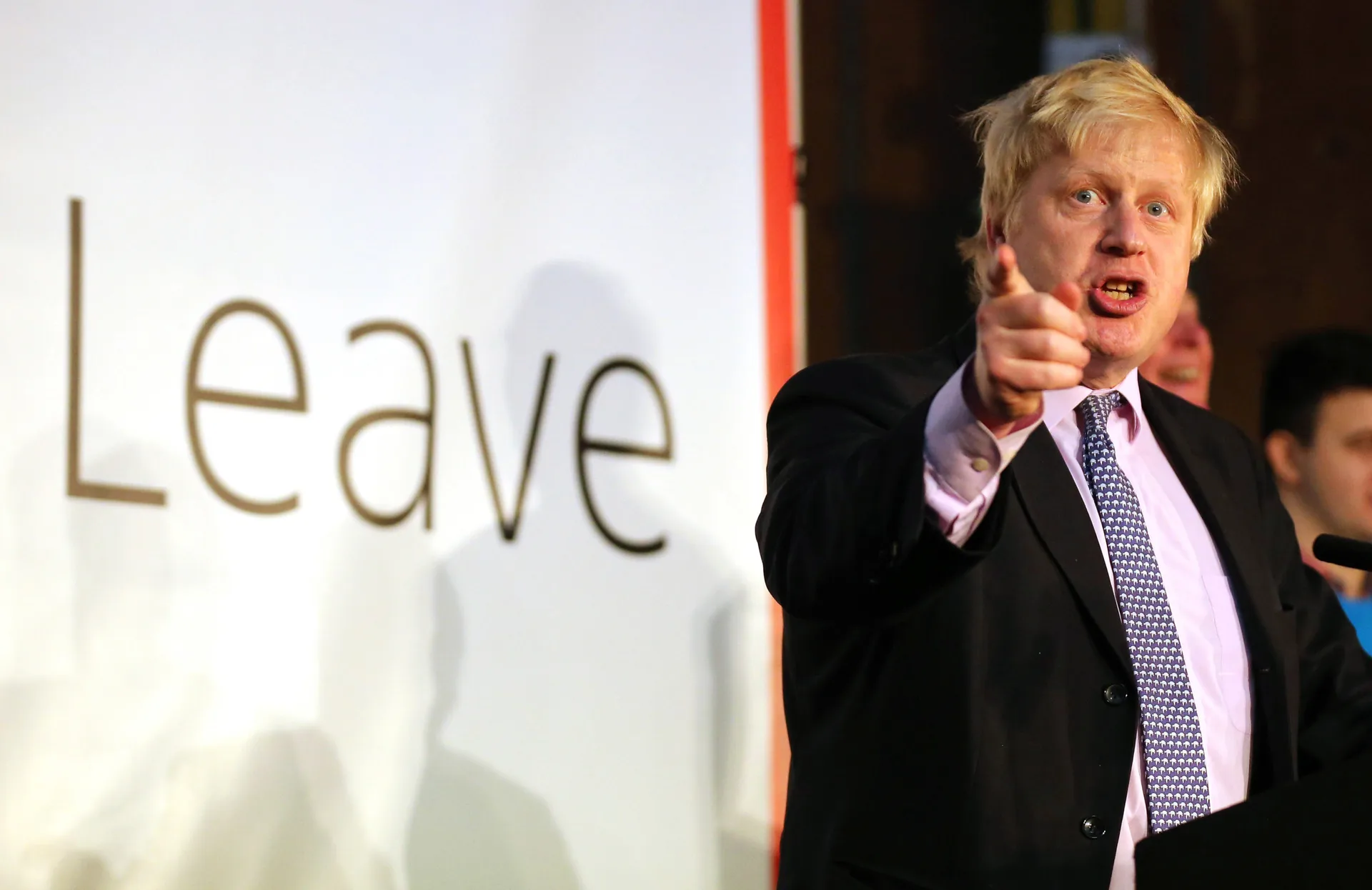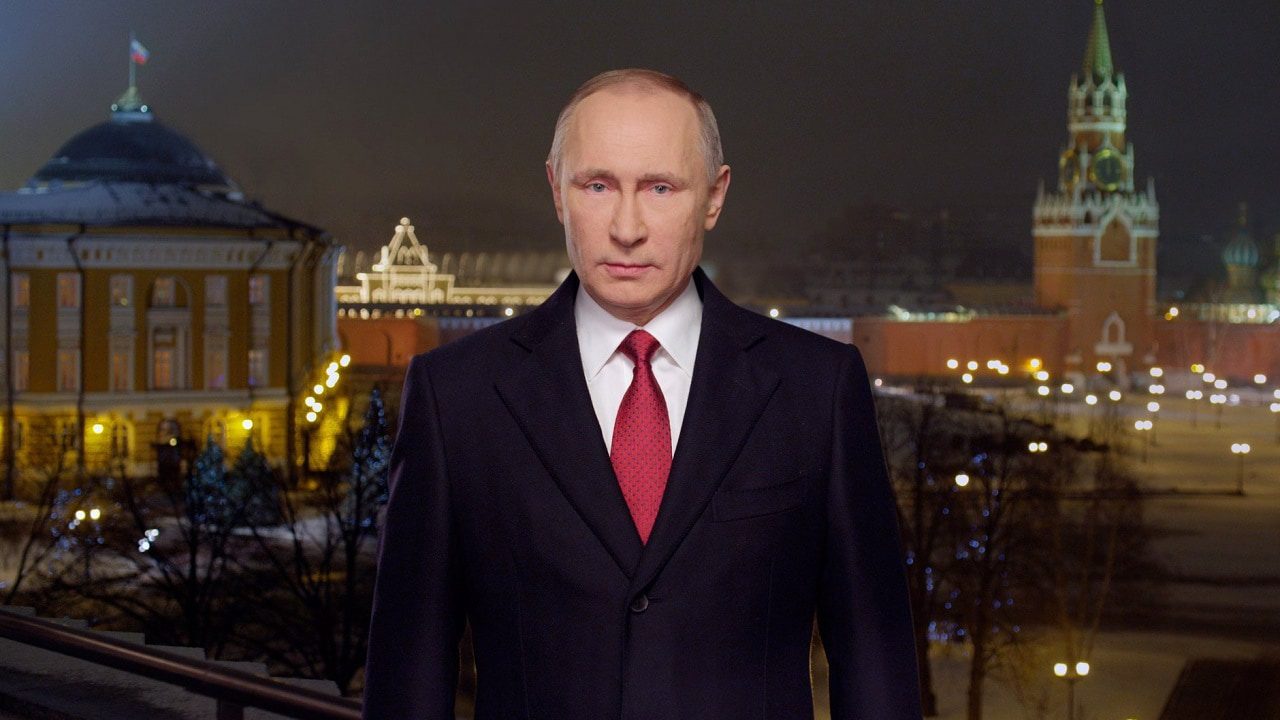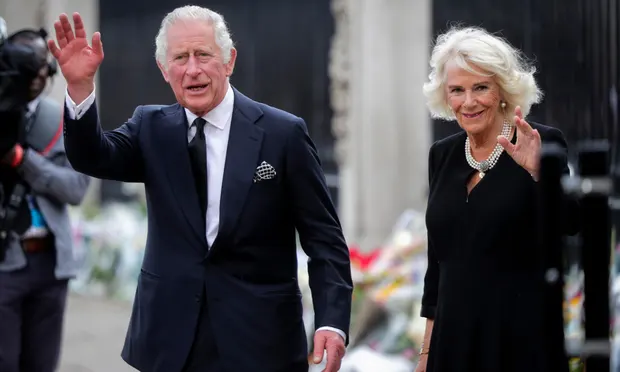President Vladimir Putin is reasserting his power in Russia, and he could be poised to upend the diplomatic chessboard in Ukraine. Washington and the West seem unprepared to react effectively.
This article was first published in https://www.19fortyfive.com/ on September 3, 2023. Click Here to read the original article.
In recent months, Russia has seen considerable political turmoil, but there has been little change on the battlefield in Ukraine. Wagner Group leader Yevgeny Prigozhin’s mutiny and subsequent assassination have dominated the news while Moscow and Kyiv remain, with modest exceptions, militarily gridlocked. As autumn approaches, however, President Vladimir Putin is reasserting his power in Russia, and he could be poised to upend the diplomatic chessboard in Ukraine. Washington and the West seem unprepared to react effectively.
Putin Tightens His Grip
After Prigozhin’s mutiny, many experts confidently explained that Putin was deeply wounded and his fall was inevitable, if not imminent. Today, these same observers say Prigozhin’s demise unleashes unseen networks of his supporters, seeking revenge.
The Kremlin’s inner workings remain obscure, so no predictions are assured. Nonetheless, Putin is now significantly more secure than he was before the mutiny, even if he has not fully regained his pre-February 2022 dominance.
Consider the hand he holds. Prigozhin is dead, as Putin first proclaimed and Russian authorities later confirmed. Also reportedly killed near Tver last week were Dmitry Utkin, Prigozhin’s top Wagner Group deputy (effectively its military commander) and other top advisors. Putin wants to preserve Wagner’s assets and personnel around the world, and one reason he took two months to eliminate Prigozhin was to ensure his own loyalists controlled the organization. That process may remain incomplete, but Putin has not been asleep.
Moreover, regular military officers who outed themselves by backing Prigozhin are being purged in time-honored Stalinist fashion. Sergey Surovikin, former commander of Russia’s aerospace forces, has been dismissed, notwithstanding that the so-called Surovikin Line has held up well against Ukraine’s offensive. Other Prigozhin collaborators are most likely on the lam. They are heading for the nearest international border, not spinning new plots to overthrow Putin.
That Putin has internal opposition is hardly surprising. “Uneasy lies the head that wears the crown” is a blazing Shakespearean insight, and it was not crafted uniquely anticipating today’s Russia. The real question in coming months is whether Putin can capitalize on his opponents’ disarray to regain the political and diplomatic momentum that Russia’s faltering battlefield performance has all but lost.
Russia’s Needs and Its Leverage
Any sensible evaluation of Russia’s current geopolitical position concludes that Moscow needs time to seriously reform and rebuild its embarrassingly poor military assets, reinvigorate its economy by ending Western sanctions, and escape political isolation. Putin’s dreamy fascination with recreating the Russian Empire may obscure such reasoning, but he is also a cold-blooded realist, particularly with his own security at stake. Westerners may find it hard to believe, but Putin’s harshest Russian critics are not “anti-war” but “anti-losing.” A stronger Putin is now able, with less concern about domestic second-guessing, to throw NATO into disarray diplomatically, reopening and inflaming existing Western disagreements and discontent with the Ukraine war, thereby buying the time Russia needs to recover and regroup.
If Kyiv’s spring offensive does not produce major battlefield progress, Putin could, without warning, propose a cease-fire within the next two months along existing battle lines and immediately open negotiations. Everything could be on the table, including ending economic warfare against the combatants. Putin might choreograph China’s endorsement of his proposal, with Beijing offering to be a mediator, perhaps suggesting a willingness to help rebuild the war zones in both Russia and Ukraine.
Putin’s key leverage would be Ukraine’s relative lack of success in the summer offensive. In an age of short attention spans, political leaders in Berlin, Paris, and even Washington would be sorely tempted to accept a cease-fire and enter negotiations. In Europe, despite surface rhetorical support for Ukraine, levels of military and financial aid have been slow, grudging, and inadequate. Even though reserves of natural gas may seem sufficient for the coming winter, many will want to put the conflict behind them. Who is certain, for example, that France’s Emmanuel Macron would not jump at the chance to be seen as a peacemaker?
What the West Should Do Now
In America, President Joe Biden faces an uncertain 2024 election. While the press has relished covering the emergence of isolationist, anti-Ukraine-aid Republicans, it has ignored leftist Democrats. In October, 2022, the House Progressive Caucus committed the classic Washington gaffe of saying aloud what they actually believed, issuing a letter conditioning support for further Ukraine aid on Kyiv opening talks with Moscow. The letter was hastily retracted, due to the imminent midterm elections, but the progressive position remains unchanged.
Biden could outmaneuver Republicans opposing Ukraine aid by endorsing a cease-fire and negotiations, speaking directly with Putin, and urging both sides to compromise. He could contest the 2024 election as America’s peacemaker, thereby confounding Donald Trump, who thought he was the apple of Putin’s eye. What would Trump do, reinvent himself as a hawk?
Biden has hardly been a successful war President. The White House’s hesitation to supply one weapons system after another, its undisguised fear of Russian escalation and the onset of World War III, perhaps in a nuclear form, and its general slowness and inattention at the presidential level signal hand-wringing, not hawkishness. There is currently no evidence Moscow is capable of escalating with conventional arms, nor any sign that its nuclear saber-rattling is anything but pure bluff. The sad truth is that Biden’s policy is sputtering, Ukraine could be a political liability, and he may well be looking for a way out. A bold Putin diplomatic maneuver could provide just the pretext Biden needs. Faced with his major international allies heading for the tall grass, Ukrainian President Volodymyr Zelensky would be left in a nearly untenable position.
It is long past time for a more effective strategy to achieve the oft-stated objectives of restoring full Ukrainian sovereignty and territorial integrity, and to provide aid to Ukraine more coherently. Across NATO, therefore, and especially in Washington, Paris, and Berlin, Ukraine’s supporters need to sharpen and augment their arguments that continued opposition to Russia’s aggression is critical for Western security.
These arguments must be raised now, with summer ending and Washington coming back to life. Otherwise, Moscow might grab the diplomatic steering wheel, with grave consequences all around.
